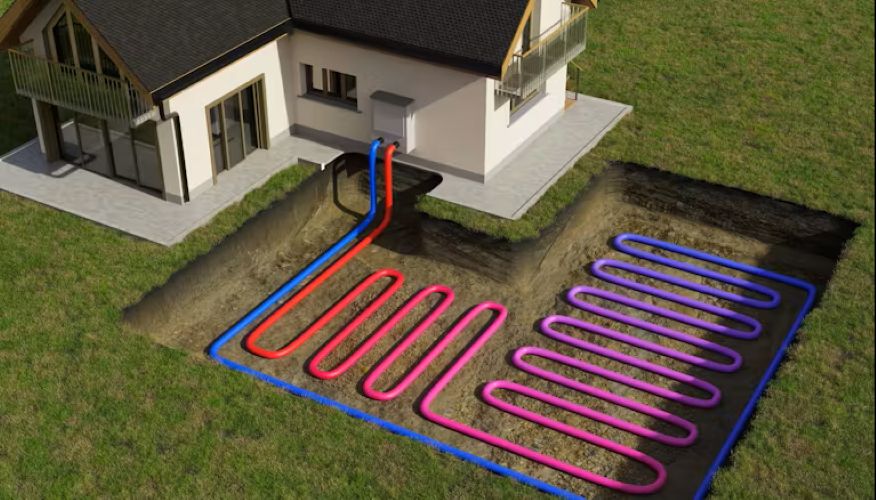
Ground heat pump system
The workshops reinforced that a systems approach is an excellent approach as it can be used in a wide range of circumstances. We have absorbed it into our thinking and programme for decarbonising buildings.
Impacts
The Academy helped the Scottish government’s Heat in Buildings team identify stakeholder needs and system interactions relating to decarbonising heat in buildings that had not been considered before. Outputs from the systems workshops highlighted the importance of early engagement with homeowners who would be affected by proposed interventions, and the importance of gaining a deep understanding of their needs. The workshops also increased the team’s knowledge of applying systems approach tools such as personas to understand stakeholder needs.
Systems journey
The Academy was approached by the Scottish government to stress test potential frameworks for implementing the Heat in Buildings Strategy. These policy interventions aim to reduce emissions from Scotland’s buildings as part of its ambition to achieve net zero by 2045. The Academy delivered two bespoke systems workshops for the Heat in Buildings team.
To stress test the framework, we co-designed eight ‘personas’ with the Scottish government to understand the needs of different homeowners and tenants in adapting to low-carbon heating. In the first workshop, we applied the personas to examine the risks and unintended consequences of the proposed interventions.
The second workshop used insights from the personas approach to identify risk mitigation strategies for each stakeholder group. The Academy then brought together a panel of public engagement experts to look at how risk mitigations could be integrated into a public engagement strategy.
A workshop participant, who is an official in the Heat in Buildings team, described the value of the Academy’s bespoke systems workshops for the team:
Browse more case studies
A whole systems approach to managing the energy transition
Advising the National Energy Systems Operator on systems thinking for energy
